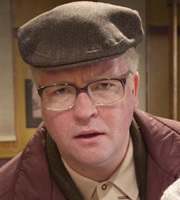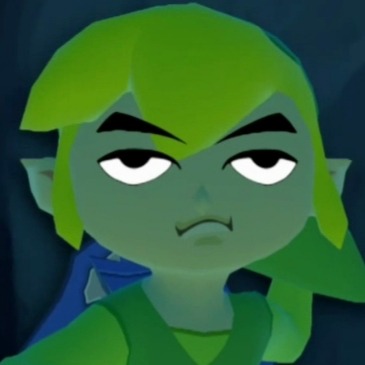- Welcome to Cook'd and Bomb'd.
-
News at Ten incident with... by Jackson K Pollock
[Today at 04:03:43 AM] -
 The All New Beatles Thread...
by Ray Travez
The All New Beatles Thread...
by Ray Travez
[Today at 03:58:47 AM] -
 Terrible album covers thread...
by famethrowa
Terrible album covers thread...
by famethrowa
[Today at 03:54:45 AM] -
 Things you should probably...
by beanheadmcginty
Things you should probably...
by beanheadmcginty
[Today at 03:53:25 AM] -
 Bits of British LE/low cultural...
by famethrowa
Bits of British LE/low cultural...
by famethrowa
[Today at 03:53:11 AM] -
 Is the forum very slow for...
by Mobius
Is the forum very slow for...
by Mobius
[Today at 03:51:35 AM] -
 The RedLetterMedia thread
by beanheadmcginty
The RedLetterMedia thread
by beanheadmcginty
[Today at 03:50:18 AM] -
 Late Night with the Devil...
by QDRPHNC
Late Night with the Devil...
by QDRPHNC
[Today at 03:47:56 AM] -
 Trans Mania: Graham Linehan...
by Joe Oakes
Trans Mania: Graham Linehan...
by Joe Oakes
[Today at 03:01:14 AM] -
 Space Ghost Coast to Coast...
by Kelvin
Space Ghost Coast to Coast...
by Kelvin
[Today at 02:50:05 AM]
Members
 Total Members: 17,826
Total Members: 17,826 Latest: skinnylike
Latest: skinnylike
Stats
 Total Posts: 5,585,797
Total Posts: 5,585,797 Total Topics: 106,777
Total Topics: 106,777 Online Today: 949
Online Today: 949 Online Ever: 3,311
Online Ever: 3,311- (July 08, 2021, 03:14:41 AM)
Users Online
 Users: 17
Users: 17 Guests: 489
Guests: 489 Total: 506
Total: 506Behind The Scenes Books (Tv or Film)
Started by Small Man Big Horse, June 01, 2023, 03:10:02 PM
Previous topic - Next topic
User actions


